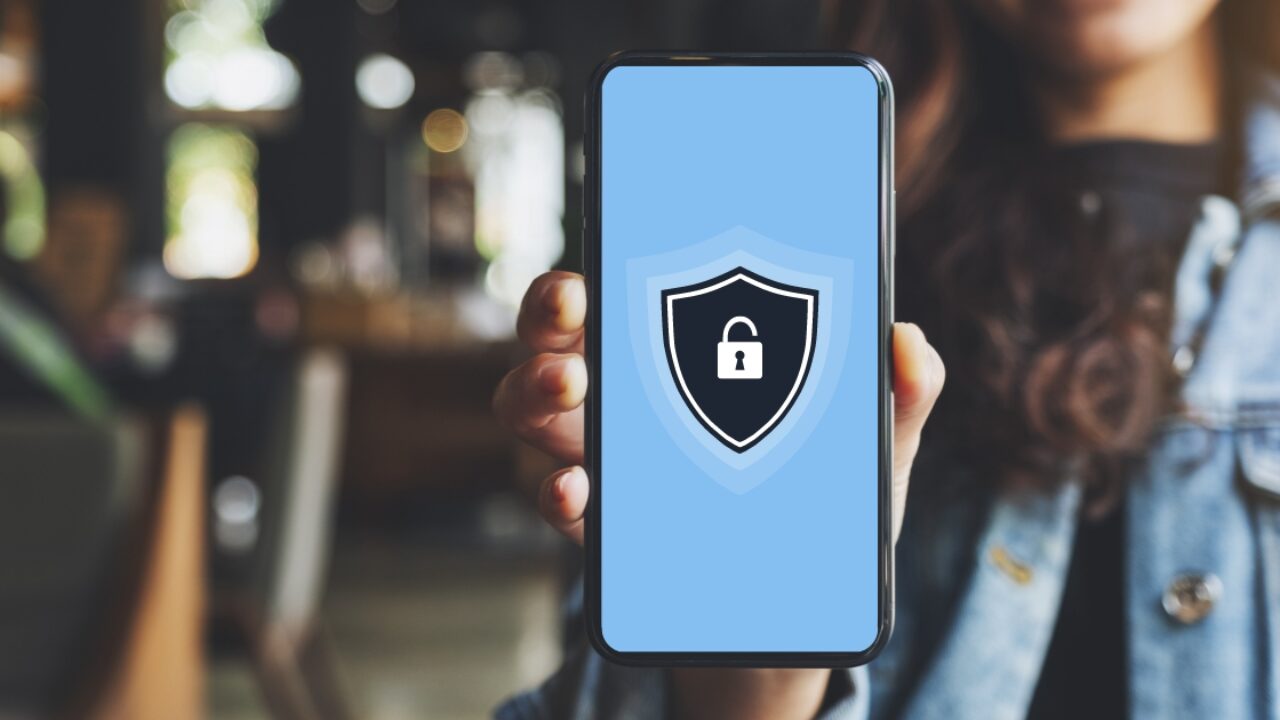People lose sensitive personal information from using different online platforms and apps, which can make them skeptical about inputting their information online. Hence, why you’re responsible for ensuring your customers’ personal information’s safety when they use your company’s app.
You should set up different measures to ensure top-notch security for customers who use your app to build trust. How can you do that?
Secure network connections
You can also improve your company’s app security by securing mobile apps’ servers. Put up proper security measures to prevent unauthorized users from accessing sensitive data. In addition, you can add extra security through encrypted connections or VPN.
Create encrypted containers to securely store data and documents. Set up adequate security measures and carry out sufficient mobile testing to check for loopholes in which data can be compromised through the app and fix them accordingly.
Work with secured app code
Native apps are more vulnerable to threats and attacks than web-downloaded ones because the code stays on the device after download. Hence, it’s important to up your company’s app security before launching, which involves focusing on code security.
Without testing the code, your app will be vulnerable to hackers, and they will steal any information they want. Therefore, you must test the encrypted code thoroughly to check for and fix vulnerabilities.
Use higher-level authentication
One of the causes of data breaches is due to weak authentication. Encourage the app users to protect their passwords and design the app to allow only strong passwords.
Another way to ensure a higher level of security is through Two Factor Authentication. The user gets a code sent to their email or phone number for security measures.
Furthermore, authentication methods like retina scans, fingerprints, and other biometrics could be used. Input that in your mobile apps to boost security.
Encrypt all data
While encrypting the app code is good, you should also encrypt data exchanged when customers use your app. That way, information hackers obtain from the app will be useless since they have no key to decode it.
Encrypting data to prevent misuse is one of the best mobile app security practices.
Reduce storing sensitive data
Minimize saving your customers’ sensitive data. The less confidential information you store within your server or device, the fewer data hackers have access to in case of a security breach. If you must store sensitive data, ensure you use encrypted data containers like containerization.
Reduce reliance on logs and enable automatic deletion after the data has exhausted a specific span. This will help secure the mobile apps for future use.
Use stronger API security
Mobile apps depend a lot on APIs (Application Program Interfaces). They are channels for content, data, and functionality, hence, requiring strong security.
Ensure you put up proper security measures and focus on authentication, authorization, and identification when creating APIs to safeguard them against threats.
Prevent data leakage
Users often agree to some permissions before downloading an app, which they usually ignore. It’s up to you as a company to uphold ethical advertising and protect sensitive personal information from misuse or leakage to malicious vendors.
Ensure you secure your users’ information tightly to prevent it from getting to unauthorized parties for malicious use.
Conclusion
App security is very important to ensure the safety of users’ sensitive information and build trust. Ensure you put up adequate security measures and tighten any loopholes where data can be breached.
Carry out enough testing before launching the app, and ensure you keep these points in mind and utilize them when necessary.

Leave a Reply